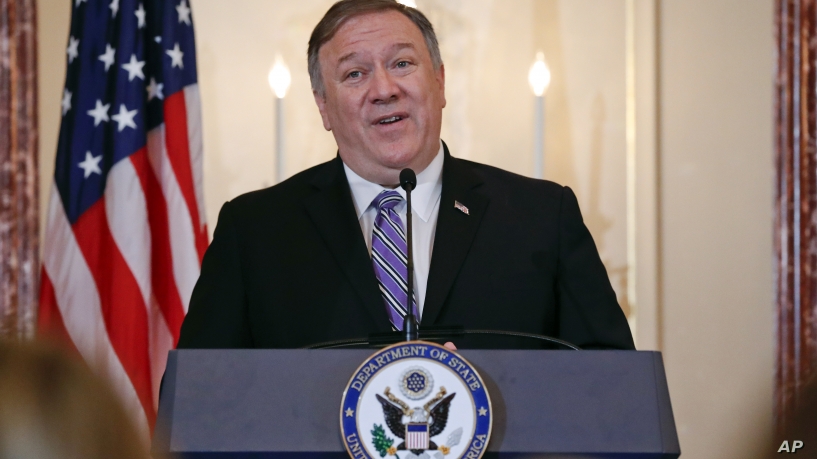By: Jordan Broadbent
Impunity Watch Staff Writer
BANJUL, Gambia — On June 20,2019, the Trafficking in Persons Report prepared by the U.S. Department of State ranked Gambia a Tier 3 country prompting the United Nations to send in experts to assess the situation.

Tier 3 countries are those that do not comply with the minimum standards set by the U.S. Department of States’ Office to Monitor and Combat Trafficking in Persons and are not making significant efforts to meet those standards. The United States monitoring and ranking systems are internationally accepted.
Gambia was ranked Tier 3 after the publication of a five year long report that focuses on the use of Gambia as a central hub for human trafficking. Women and girls are trafficked through Gambia for the purposes of child marriages and sex trafficking and young boys are sold and trafficked through the country to be sold in to forced labor. The report shows that the number of people being trafficked through the country has increased in recent years.
Gambia’s capitol, Banjul, was highlighted in the report as a hotbed for child trafficking. The State Department’s study reported that tourists came to Banjul from all over the world to find child sex tourism rings.
Despite being continually criticized for the high rates of sex and human trafficking, the Gambian government has taken only modest steps in remedying the issue. In 2010, Gambia’s legislative body passed the Trafficking Persons Act which instituted a sentence ranging from 50 years to life in prison in addition to a fine as punishment to anyone found guilty of human trafficking. However, the Gambian government has failed to prosecute a single person for human trafficking in the past two years. The Gambian government has also failed to investigate child sex tourism, failed to identify and assist trafficking victims, and has not raised awareness on the issue on a national level for the past five years.
Due to the governments lack of action on the issue, the United Nations Office of the High Commissioner for Human Rights sent a special reporter to Gambia to monitor the issue. The Special Reporter will issue a report at the end of the visit at the state of Gambia’s government actions on human trafficking and child sex tourism within the country. The report will be published at the end of October.
For further information, please see:
U.S. Department of State – 2019 Trafficking in Persons Report- 20 June 2019
United States Embassy in Gambia- Press Release: Trafficking in Persons Report 2019- 20 June 2019
Refworld – 2018 trafficking in Persons Report in Gambia- 28 June 2018